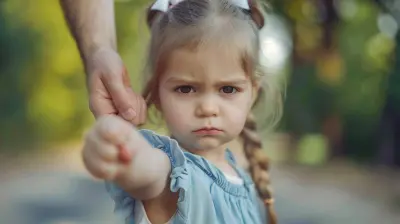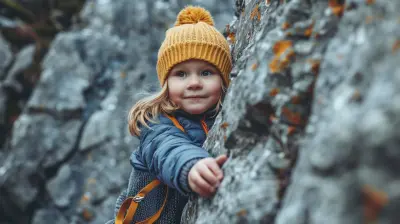The Importance of Mindfulness and Relaxation in Learning
10 October 2025
When was the last time you truly focused on something without distractions? In today’s fast-paced world, learning often feels like a race instead of a journey. Kids and adults alike are expected to absorb loads of information, often under stress. But what if I told you that slowing down might actually make learning more effective? That’s where mindfulness and relaxation come in.
These two simple yet powerful practices can transform the way we learn, process, and retain information. Whether you're a parent helping your child with homework or someone picking up a new skill, understanding the role of mindfulness and relaxation in learning can make all the difference.
Let's dive into why mindfulness and relaxation are game-changers in education.
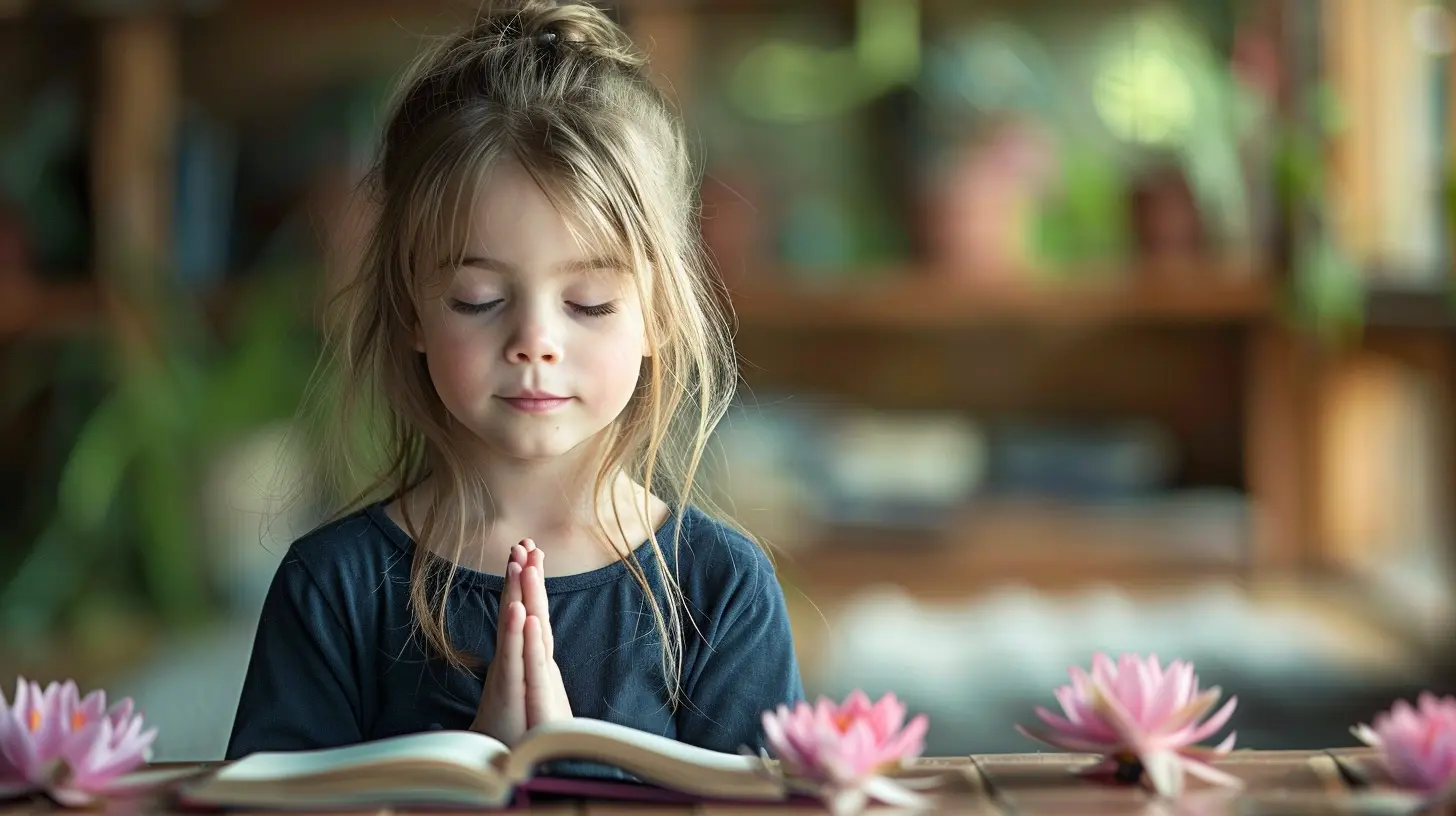
What Is Mindfulness and Relaxation?
Before we go any further, let's break it down.- Mindfulness is the practice of staying present and fully engaged in the moment. Instead of worrying about the future or dwelling on the past, you focus on what’s happening right now.
- Relaxation involves calming the mind and body, reducing stress, and creating an ideal environment for learning.
Together, mindfulness and relaxation help learners absorb information effectively, reduce anxiety, and improve their overall well-being.
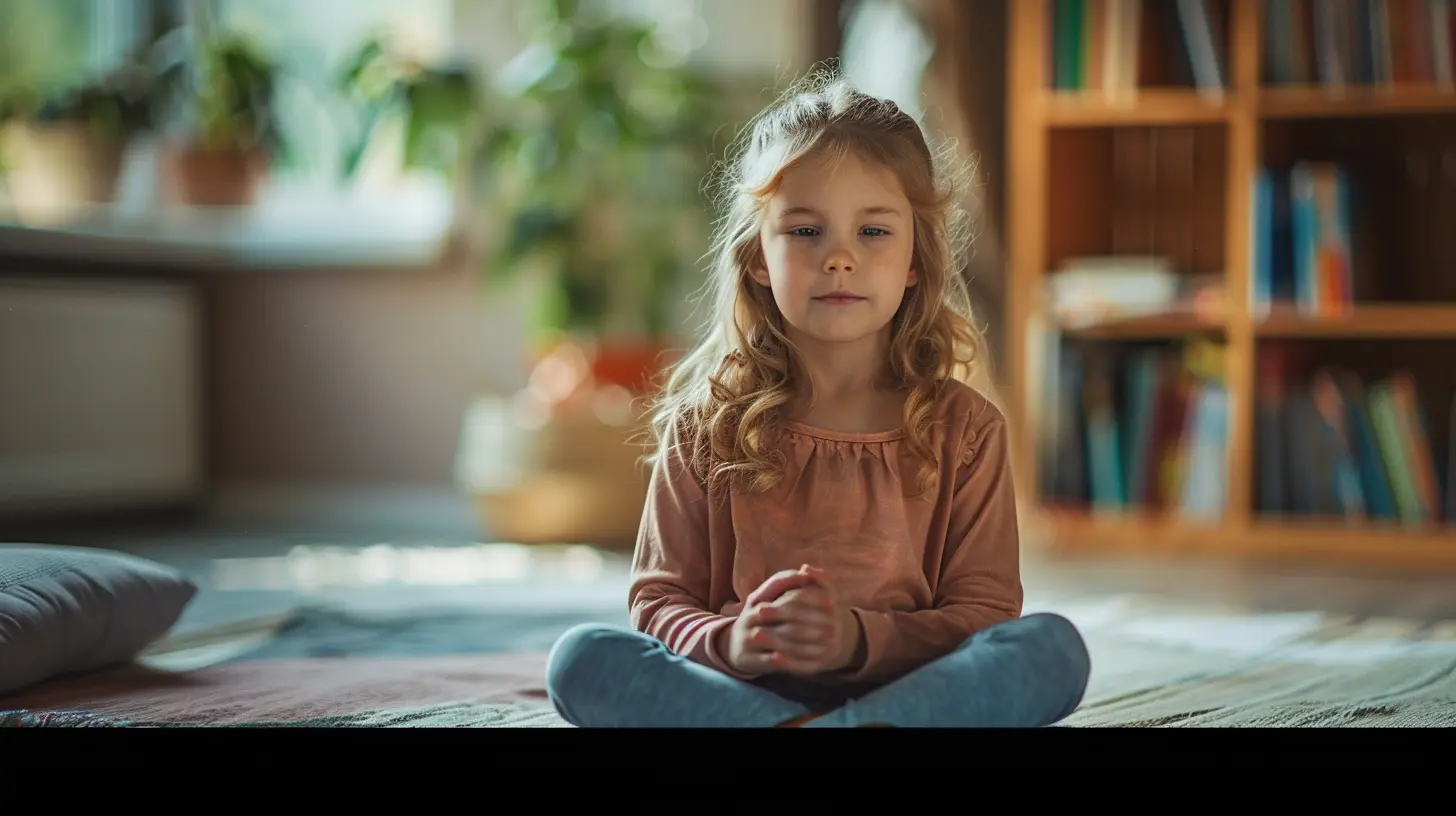
Why Stress and Learning Don’t Mix
Picture this: A child sits down to study for a big test. Their heart races, their palms sweat, and their mind jumps from one anxious thought to another. Do you think they’re truly absorbing the material? Probably not.When the brain is stressed, it triggers the fight-or-flight response. This survival mechanism is great when you're facing danger, but terrible when you're trying to learn. Stress floods the brain with cortisol, making it harder to focus, recall information, or think critically.
On the other hand, a relaxed and mindful learner absorbs information effortlessly, like a sponge soaking up water. Their brain is calm, fully present, and ready to engage.
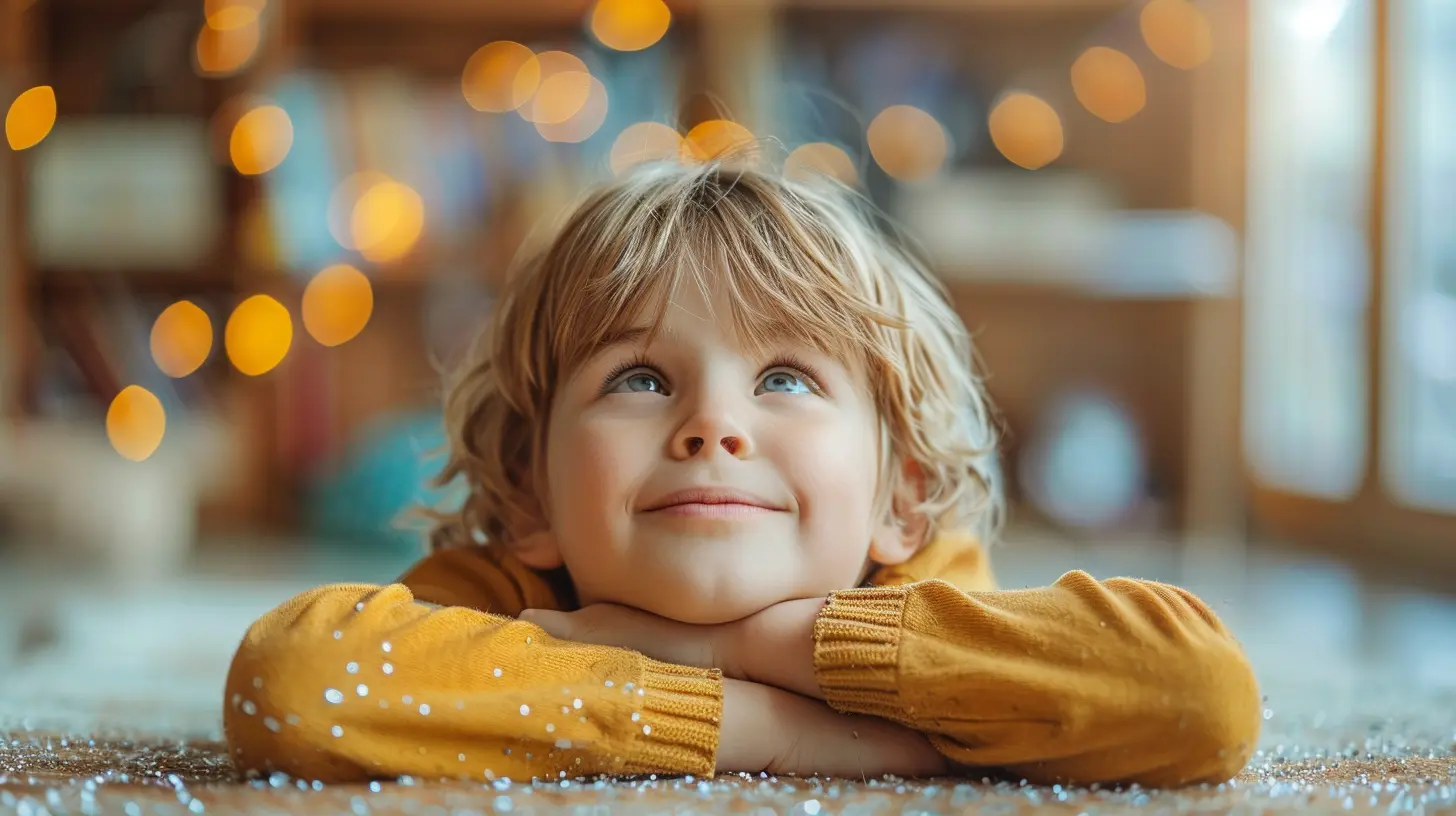
The Science Behind Mindfulness and Learning
Science backs up the benefits of mindfulness in education. Studies show that mindfulness can:- Improve focus and attention – A calm mind is more attentive and less distracted.
- Enhance memory retention – When you're fully present, you're more likely to remember what you learn.
- Reduce test anxiety – Mindfulness lowers stress levels, making exams less overwhelming.
- Boost problem-solving skills – A relaxed brain is better at thinking creatively and critically.
In fact, schools that incorporate mindfulness into their curriculum see improved student performance, better behavior, and increased emotional well-being.

How Mindfulness Helps Kids Learn Better
Children today are bombarded with endless distractions—social media, video games, and constant digital noise. Their attention spans are shorter than ever. But mindfulness can help counteract this by teaching kids how to focus, reflect, and engage with their education.Here’s how mindfulness benefits kids in learning:
1. Improves Concentration and Focus
Let’s be honest—getting a child to sit down and study without distraction can feel impossible. But mindfulness helps train their brains to pay attention. Simple activities like deep breathing or focusing on a single task can make a huge difference in their ability to concentrate.2. Reduces Anxiety and Stress
Many children experience pressure to perform well academically, which can lead to stress and anxiety. Mindfulness teaches them how to manage these emotions, making learning a more positive experience.3. Encourages a Growth Mindset
A child who approaches learning with curiosity rather than fear is more likely to succeed. Mindfulness helps children embrace challenges rather than avoid them, building resilience and confidence.4. Enhances Emotional Regulation
Kids often struggle with emotional outbursts, especially when frustrated with schoolwork. Mindfulness helps them recognize emotions, process them, and respond calmly.Simple Ways to Incorporate Mindfulness and Relaxation into Learning
Want to help your child (or yourself) become a more mindful learner? Here are some easy ways to start:1. Start with Deep Breathing
Something as simple as deep breathing can work wonders. Teach kids to take slow, deep breaths before they begin studying. This helps calm the nervous system and improves focus.Try This:
- Inhale for four seconds
- Hold for four seconds
- Exhale for four seconds
2. Use Mindful Breaks
Instead of long, exhausting study sessions, encourage short mindful breaks. A five-minute pause to stretch, breathe, or even listen to calming music can boost productivity.3. Practice Guided Meditation
Listening to short guided meditations can help students reset their minds. There are plenty of apps and YouTube videos designed specifically for kids and learners.4. Encourage Single-tasking
Multitasking is a myth. The brain works best when it focuses on one thing at a time. Encourage kids to complete one task before moving to the next.5. Introduce Gratitude Journaling
Writing down things they’re grateful for can shift a child’s mindset from stress to positivity, making learning a more enjoyable experience.6. Use Storytelling to Teach Mindfulness
Children love stories! Reading books that promote mindfulness can help them understand the concept in a fun and engaging way.
How Parents Can Support Mindful Learning
As a parent, you play a crucial role in your child’s learning journey. Here’s how you can help:- Be a role model – Kids learn by watching. If they see you practicing mindfulness, they’ll be more likely to do the same.
- Create a calm study environment – A clutter-free, quiet space can improve focus and reduce distractions.
- Encourage a healthy routine – Proper sleep, nutrition, and exercise all contribute to a relaxed and focused mind.
- Celebrate progress, not perfection – Encourage effort over results. This reduces stress and builds a love for learning.
Final Thoughts
Mindfulness and relaxation aren’t just buzzwords—they’re essential tools for effective learning. When kids (and adults) practice mindfulness, they absorb information better, stress less, and develop a lifelong love for learning.So, whether your child is struggling with schoolwork or you’re trying to pick up a new skill, remember this: a calm mind is a learning mind. Slow down, breathe, and embrace the journey.
all images in this post were generated using AI tools
Category:
Education TipsAuthor:

Liam Huffman
Discussion
rate this article
1 comments
Thaddeus Green
This article highlights a crucial aspect of modern education: the integration of mindfulness and relaxation techniques to enhance learning. By fostering emotional regulation and reducing stress, these practices not only improve focus but also promote a positive learning environment. Encouraging mindfulness in our children can significantly impact their academic and personal growth.
October 29, 2025 at 5:22 AM

Liam Huffman
Thank you for your insightful comment! I'm glad you appreciate the significance of mindfulness in fostering both academic performance and emotional well-being.
